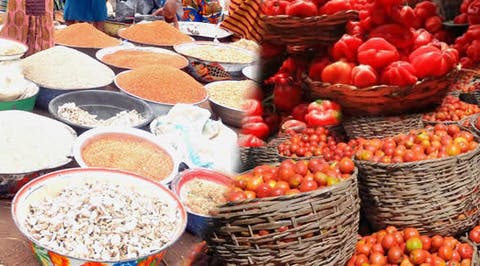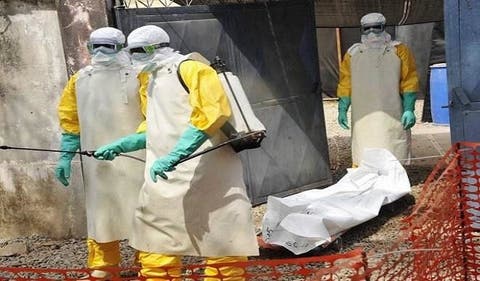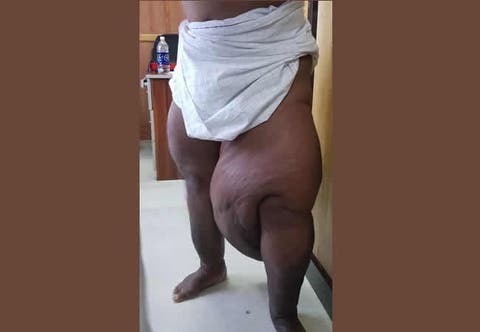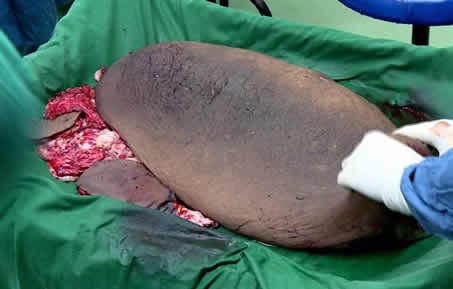
Once flood waters in an area have receded and the most immediate safety hazards have passed, it's time to address the real secondary health issues that can develop as a result of floodwater pollutants and contaminants.
Be sure to protect your home, family and business by following these simple environmental health guidelines:
KEEP AWAY FROM FLOOD WATERS
Avoid any contact with flood waters, such as swimming, after a flood. Flood waters can contain large amounts of contaminants and pollutants of all kinds, which can be hazardous. Fishing and other non-contact activities would not be affected.
BE AWARE OF DANGEROUS PESTS, INSECTS REPTILES
After a natural disaster, snakes and other dangerous insects, pests and vermins may have been forced from their natural habitats and move into areas where they would not normally be seen or expected as they fight for their own survival too. When you return to your home, be cautious of snakes that may have sought shelter in your home. If you see a snake in your home, immediately call for for help outside. Do not try to be a hero. Be aware of snakes that may be swimming in the water to get to higher ground and those that may be hiding under debris or other objects.
Be aware of snakes that may be swimming in the water to get to higher ground and those that may be hiding under debris or other objects.
If you see a snake, back away from it slowly and do not touch it.
SANITIZE FLOODED AREAS
Floors, walls, equipment and furniture that have been covered with flood waters should be cleaned and sanitized to kill any bacteria or viruses. Wear gloves, eye protection and boots when working with contaminated areas and items. Items should be cleaned with soap and water, rinsed and then sanitized with a solution of a quarter cup of household bleach and one gallon of water. Do not mix bleach with any ammonia product and work in well-ventilated areas.
MOLD
Mold is the most long-lasting effect of flooding. Unless a home's structural materials are completely dried, mold will grow behind the walls and under the floors. Do not replace sheet rock and other materials until the wood is dry, or mold will grow. If mold is already growing, spray the area with a household bleach solution. Keep the area vented and wear eye protection, gloves and boots. Contact your local county environmental health staff for more information about mold.
WELL AND SPRING CONTAMINATION
If a well or spring was covered with flood waters, it must be considered contaminated. Do not drink or prepare foods with water from a well until it is disinfected and tested. Buy bottled water to drink and use for cooking till water source is fully sanitized.
The first recovery step is to pump out the well thoroughly, letting it run for at least 24 hours or until the water has no obvious color or smell. An outside faucet may be left on to run slowly for long periods of time so no damage will occur to the well pump.
Disinfect well water systems with two gallons of plain household bleach. Remember to not drink, bathe or cook with the water while bleach is in the system. Pour the bleach into the well or spring. Run all faucets until the bleach smell comes through in the water, then shut them off. Let the bleach stay in the water system for at least eight hours. To rid the system of bleach, turn on an outside faucet and let it run until all the bleach is gone, which may take 24 hours or longer. Only use an outside faucet to discharge the bleach water. Once the bleach is gone, make sure that the well is sealed.
It may take two or more bleach disinfection procedures to rid the well or spring of contamination.
SEPTIC SYSTEM FAILURES
In most cases of septic system failure, the only thing that can be done is to wait for the water levels in the soil to fall. If sewage comes to the top of the ground, the tank could be pumped for temporary relief. Usually, it does not take long for the system to function properly again. If flooding washed away the soil around the system, the system may need to be repaired or replaced. Call the local environmental health office with questions about a septic system.
SPOILED FOOD AND FOOD POISONING
If any flood waters have touched foods, throw them out. If the temperature in a refrigerator was at 60 degrees or higher for more than two hours, do not eat the food inside. There's no reliable way to tell if food will make you sick by looking at it or smelling it. When in doubt, throw it out.
MOSQUITOES
Flooding leaves pools of water that are ideal for breeding mosquitoes, which can carry diseases like West Nile virus. Dispose of any water-filled containers around your home to discourage mosquitoes.
Water that cannot be drained can be treated with certain insecticides and biological control agents. Always follow the label instructions for pesticides.
ALWAYS PREVENT MOSQUITO BITES
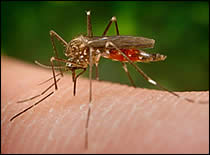
Adult mosquitoes do not generally survive high winds during a hurricane.Immediately following a major flood emergency. Mosquito eggs laid in the soil by floodwater mosquitoes during previous floods hatch. This results in very large populations of floodwater mosquitoes. Most of these mosquitoes are considered nuisance mosquitoes.In general, nuisance mosquitoes do not spread viruses that make people sick. The types of mosquitoes that can spread viruses may increase 2 weeks to 2 months after, especially in areas that did not flood but received more rainfall than usual.
The best was to prevent infection from diseases spread by mosquitoes is to prevent mosquito bites. Mosquitoes bite during the day and night. Take the following steps to protect yourself and your family:
Use approved insect repellent or insecticidesWear long-sleeved shirts and long trousers to reduce bitesTake steps to control mosquitoes indoors and outdoors. Call your registered pest control agent immediately .
EHSadvisor


